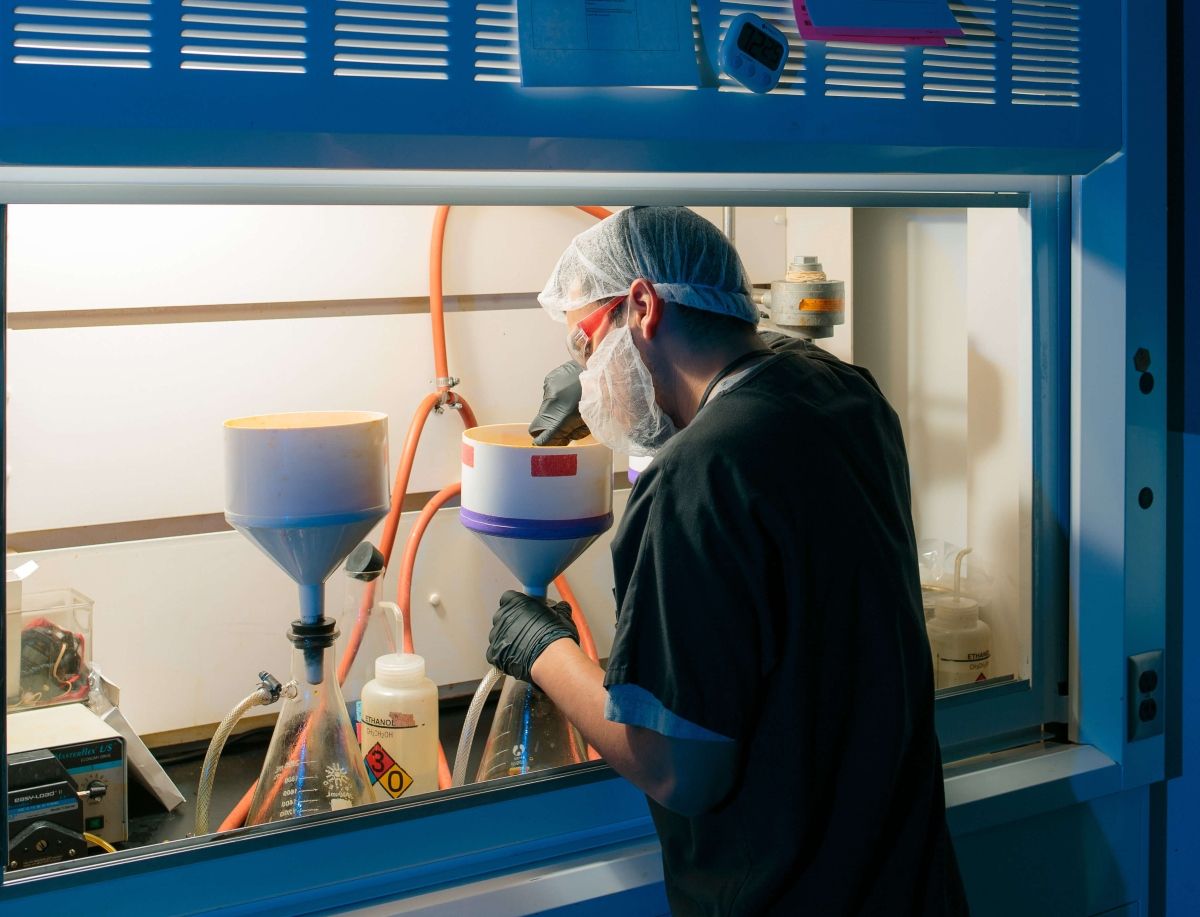Just a few months ago, the marijuana industry was barreling out of the 2010s flush with cash, confidence and immense growth potential, thanks in part to sales of cannabis vape products. But a sudden outbreak of illnesses tied to vape products containing THC upended the industry’s momentum in the second half of 2019.
The crisis—involving more than 2,600 hospitalizations and dozens of deaths—forced industry executives to pivot from planning for the new decade to scrambling to contain and survive a health emergency.
Today, the cannabis industry appears to have weathered the worst of the vaping crisis, with the number of vape-related hospitalizations declining sharply in recent months. Additionally, vape sales have been edging back up in major markets.

But the health scare—linked to the additive vitamin E acetate that’s used in some THC vaping products—has left its mark on the cannabis industry. It also has transformed the vaping sector in some positive ways, forcing company executives to:
- Reassess their production processes.
- Vet suppliers and test products more than ever before.
- Step up consumer education and communication.
Seek out new technologies to improve manufacturing and help consumers distinguish between legal and illicit products.
The crisis also bolstered the legitimacy of cannabis programs in states with legal markets and validated many of their production practices: eschewing chemical additives such as vitamin E acetate, for example.
Moreover, the bulk of vape-related illnesses was tied to products from the illicit market, further bolstering the legal cannabis industry’s legitimacy. In short, having a legal market likely saved lives.
Looking ahead, the vaping crisis has unleashed opportunities for new technologies and partnerships. Companies are seeking to develop better cartridges, batteries and anti-counterfeiting technologies. At the same time, companies from the product-security and technology realms are reaching out to serve cannabis businesses.
The question is, how can the cannabis industry best utilize these developments? We explore the possibilities:





